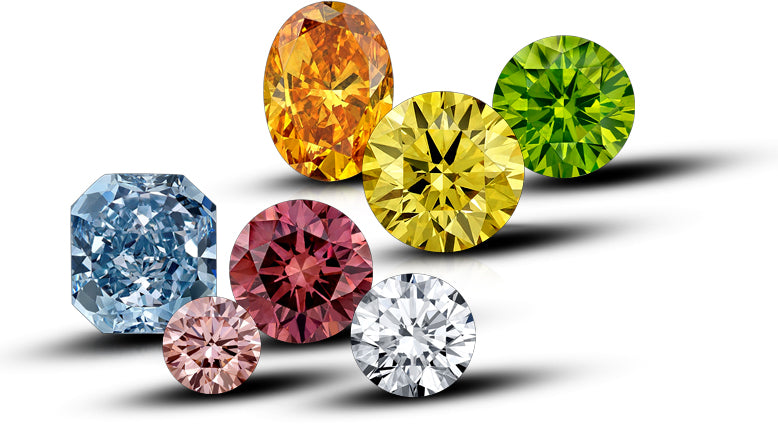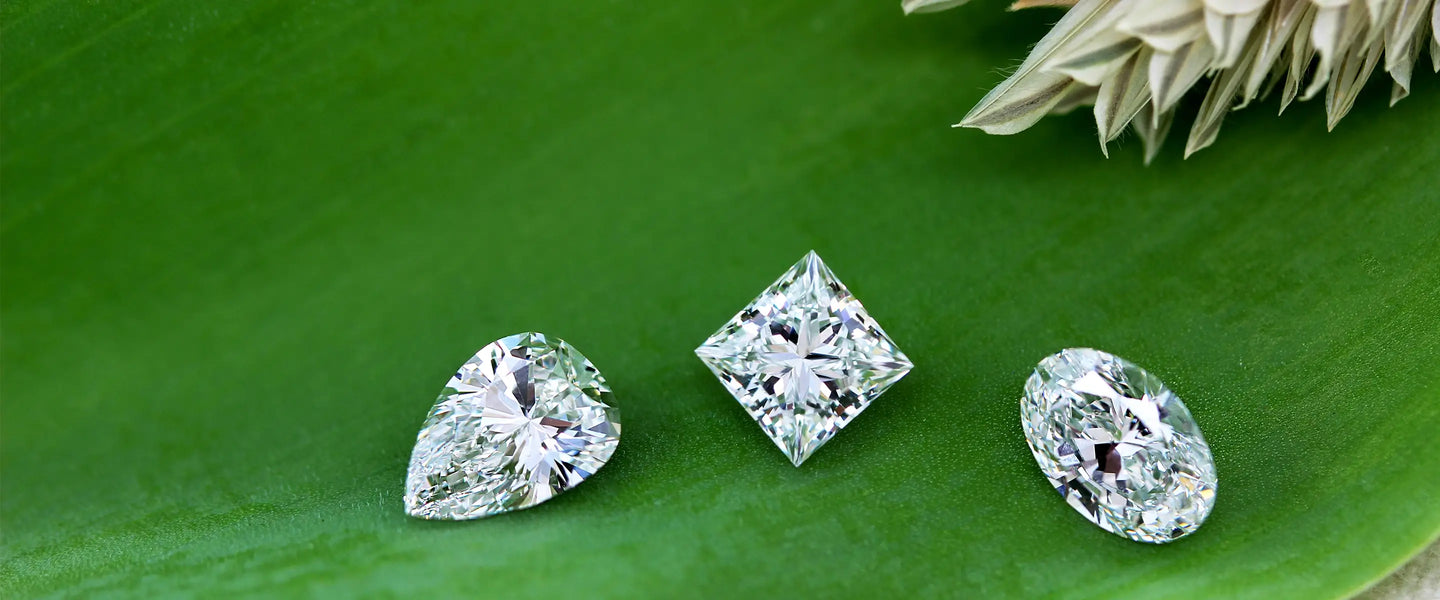Table of Contents
What Are Lab Grown Diamonds?
If you’ve been considering a diamond purchase, you’ve probably come across the term “lab grown diamonds.” But what exactly are they? In a nutshell, lab grown diamonds are diamonds that are created in controlled environments using advanced technology, mimicking the natural conditions under which diamonds form in the earth. They’re chemically, physically, and optically identical to natural diamonds, but they come with a few distinct advantages.
The Science Behind Lab Grown Diamonds
The Creation Process
The creation of lab grown diamonds involves two primary methods: High Pressure High Temperature (HPHT) and Chemical Vapor Deposition (CVD). Both methods simulate the natural conditions necessary for diamond formation guides lab grown diamonds, but they do so in a much shorter time frame and with fewer environmental impacts.
Characteristics and Quality
Lab grown diamonds share the same brilliance, hardness, and clarity as natural diamonds. They undergo rigorous quality assessments, ensuring they meet high standards. In fact, many people find it challenging to distinguish between the two without specialized equipment.
Comparison to Natural Diamonds
While lab grown diamonds offer similar qualities to their natural counterparts, there are some differences. For one, lab grown diamonds are typically more affordable. They also come with a more transparent supply chain, which appeals to many ethical consumers.
Types of Lab Grown Diamonds
High Pressure High Temperature
HPHT diamonds are made by mimicking the high-pressure, high-temperature conditions found in the Earth’s mantle. This method produces diamonds with unique characteristics that can be both fascinating and valuable.
Chemical Vapor Deposition
CVD diamonds are grown by depositing carbon atoms onto a substrate in a vacuum chamber. This method is known for producing diamonds with fewer inclusions and better overall clarity.
Benefits of Choosing Lab Grown Diamonds
Ethical Considerations
Lab grown diamonds offer a significant advantage in terms of ethics. They are free from the human rights concerns often associated with natural diamond mining. This means that you can enjoy your diamond with peace of mind, knowing it’s ethically sourced.
Environmental Impact
The environmental footprint of lab grown diamonds is considerably smaller than that of mined diamonds. The process requires less land disturbance and produces fewer greenhouse gases, making it a more sustainable choice.
Cost Efficiency
One of the most attractive features of lab grown diamonds is their cost. Because they are created in a lab, they are often significantly cheaper than natural diamonds of comparable quality. This means you can get a larger or higher-quality diamond for the same budget.
How to Choose the Right Lab Grown Diamond
Understanding the 4 Cs
When selecting a lab grown diamond, it’s essential to understand the 4 Cs: Cut, Color, Clarity, and Carat Weight.
Cut
The cut of a diamond affects its brilliance and sparkle. A well-cut diamond will reflect light beautifully, making it a central feature in any piece of jewelry.
Color
Lab grown diamonds come in various colors, ranging from colorless to faint yellow. The less color a diamond has, the higher its value. However, personal preference plays a significant role in choosing the right color.
Clarity
Clarity refers to the presence of internal or external flaws, known as inclusions and blemishes. Lab grown diamonds can be produced with very high clarity, often surpassing natural diamonds in this regard.
Carat Weight
Carat weight measures the size of the diamond. Larger diamonds are rarer and more valuable, but a well-cut smaller diamond can also be very striking.
Certification and Grading
Always look for a certification from a reputable gemological laboratory. This ensures that your diamond has been graded by professionals and meets specific quality standards.
Popular Uses for Lab Grown Diamonds
Engagement Rings
Lab grown diamonds are increasingly popular for engagement rings. They offer all the sparkle and beauty of natural diamonds but at a more affordable price.
Jewelry and Accessories
From necklaces to earrings, lab grown diamonds are used in various jewelry pieces. Their affordability allows for more elaborate designs without breaking the bank.
Where to Buy Lab Grown Diamonds
Online Retailers
Many online retailers specialize in lab grown diamonds, offering a wide selection and competitive prices. Online shopping provides the convenience of browsing and comparing options from the comfort of your home.
Physical Stores
If you prefer a hands-on approach, many jewelry stores now carry lab grown diamonds. Visiting a physical store allows you to see the diamond in person and receive expert advice from jewelers.
Maintaining and Caring for Lab Grown Diamonds
Cleaning Tips
Lab grown diamonds are durable and easy to maintain. Regular cleaning with mild soap and water will keep them sparkling. Avoid harsh chemicals and ultrasonic cleaners.
Storage Recommendations
Store your diamond jewelry in a soft cloth or jewelry box to prevent scratches. Keeping them separate from other jewelry pieces can help maintain their pristine condition.
Future Trends in Lab Grown Diamonds
Technological Advancements
The technology used to create lab grown diamonds continues to evolve, leading to even more stunning and affordable options. Advances in production techniques promise to enhance the quality and variety of lab grown diamonds.
Market Growth and Predictions
The market for lab grown diamonds is expected to grow as consumers become more aware of their benefits. As technology improves and consumer demand increases, lab grown diamonds will likely become even more popular.
Conclusion
Lab grown diamonds offer an appealing alternative to natural diamonds, combining beauty, ethical sourcing, and affordability. Whether you’re shopping for an engagement ring, a piece of fine jewelry, or simply exploring your options, lab grown diamonds provide a compelling choice. With their numerous advantages and evolving technology, they’re a trend that’s likely to shine brightly in the future
- Lab-Grown Diamonds: The Complete Guide for Savvy Buyers






